
“
Thanks, hun! Penney's!” That’s the badge of honour often recited when a woman in Ireland is complimented on their outfit.
Fast fashion, both in Ireland and across the world has been the norm for the last 30 years. It’s not so long ago, people wouldn’t bat an eye to doing large shopping hauls for no real cause. Now, amidst a global climate crisis, attitudes are shifting towards creating long lasting, sustainable fashion choices.
A report from
McKinsey stated that the number of garments created annually exceeded 100 billion for the first time in 2014, equating to 14 pieces of clothing for every person on earth created each year. And if we are honest most of us buy at lot more than that each year.
Technology, including fibre broadband, are driving the growth of the second-hand market across the globe
Technology and The Growth of Fast Fashion
Fast fashion first started around the late nineties in the United States, designed to replicate trends like those that your favourite celebrity wore, quickly and cheaply. It wasn’t long before other countries followed suit.
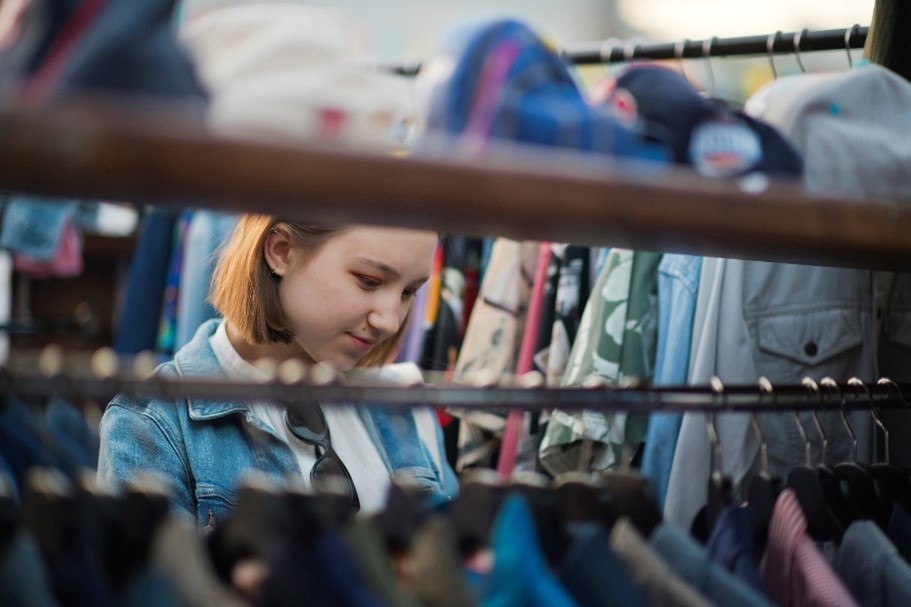
Then, smartphones and social media arrived and changed the face of commerce forever. Once you could order clothes online through Instagram and Facebook in 2016, fast fashion orders accelerated. As well as that, websites such as Pretty Little Thing, Shein, Missguided and Boohoo.com have become some of the trendiest fashion sites to order from today.
But what if you could remain fashionable while reducing your carbon footprint?
The Internet, while acting as an enabler for fast fashion, can also be a driving force for creating sustainable fashion choices. A notable example of this has been eBay, who have been around since 1995.
For years, eBay has been an accessible marketplace selling pre-loved goods of all sorts, with clothes included. This year, ITV’s Love Island, ended their collaboration with fast fashion company Pretty Little Thing as their fashion sponsor, and replaced them with eBay, recognising the impact the show can have on its impressionable audience.
eBay isn’t the only site dedicated to creating a circular economy. In 2016, Facebook launched Marketplace, which was established to be a direct competitor with eBay and US ad listing service, Craigslist. Facebook’s Marketplace enables people to advertise goods for sale or for free to their local community, which has proved to be a success, with over 1 billion monthly users.
In the past, ‘thrifty’ was once a positive, rather than a negative comment, in any era when people valued the cost and effort which went into producing clothing.
People’s perceptions towards fast fashion have changed in recent years. We are seeing more celebrities, influencers and young people opt to thrift clothes rather than support large fast fashion warehouses like Shein or Penney's.

Thrifting is no longer confined to store-front shops. Some of the best goods can come from someone else’s wardrobe. In 2011, the concept drove the creation of
Depop.
Depop was established in London, as a peer to peer, social e-commerce community, where you could “like” and buy directly from the seller. Depop has grown in popularity, especially among young people. As of 2021, Depop now has over 21 million users, 90% of which are under the age of 26.
Depop has proved that all you need to make more sustainable choices in fashion is a smartphone, a stable internet connection, and the drive to make some cash on your old clothes. Depop published its’ sustainability strategy in 2021, cementing its’ commitment to greener and more ethical commerce further (more here:
Depop Sustainability Strategy ).
SIRO also published its first sustainability strategy in 2021 (more here:
SIRO Sustainability Strategy ). Key aspects include switching our fleet to electric vehicles, reducing waste in the construction of our full fibre network, and commitments to promoting diversity and inclusive practices in the workplace.
With so many companies now pushing forward with sustainability commitments, it’s important to be conscious of greenwashing, including in the fashion industry. Buzzwords like “eco-friendly,” “biodegradable” and “carbon neutral” are thrown around regularly. So, it’s essential to do your research first, allowing you to shop with companies that have genuine sustainable policies and practices in place.
In the past, attitudes to clothing were different. The focus was on quality and durability vs. our current throwaway culture. ‘Thrifty’ was once a positive, rather than a negative comment, in any era when people valued the cost and effort which went into producing clothing. The circular economy (though not called that back then) was often in full swing with clothing passed down through the family or precious items like wedding dresses repurposed into garments such as communion or christening outfits.
Sustainable living provides an opportunity to rethink how we value clothing and to embrace being thrifty again. Technology and connectivity can now also make sustainable choices more accessible allowing consumers to shop in a more environmentally and socially equitable way.
A final thought, particularly as we grapple with cost-of-living challenges, is the opportunity to make money from your pre-loved clothing, by opting to download apps that offer resale services.
Technology, including fibre broadband, is driving the growth of the second-hand market across the globe. With SIRO’s 100% fibre to the premises broadband, you can manage your orders, post up your best pre-loved fashion outfits and make connections all from the comfort of your home.
Search Your Eircode Today
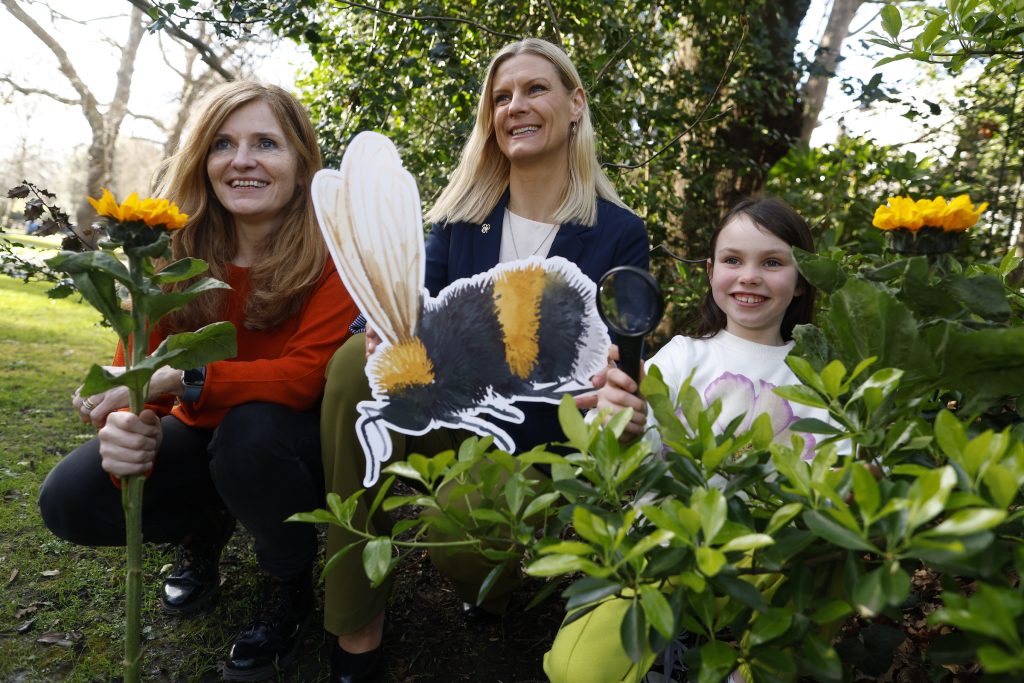 The Pollinator Project aims to raise awareness amongst school children of the important role of pollinators such as bees, butterflies, moths and hoverflies in the pollination of flowers and supporting food systems. Free nature kits and workshops are provided by Biodiversity in Schools to give teachers and students resources to increase their knowledge of pollinators and how to support them.
Survey results:
The Pollinator Project aims to raise awareness amongst school children of the important role of pollinators such as bees, butterflies, moths and hoverflies in the pollination of flowers and supporting food systems. Free nature kits and workshops are provided by Biodiversity in Schools to give teachers and students resources to increase their knowledge of pollinators and how to support them.
Survey results:
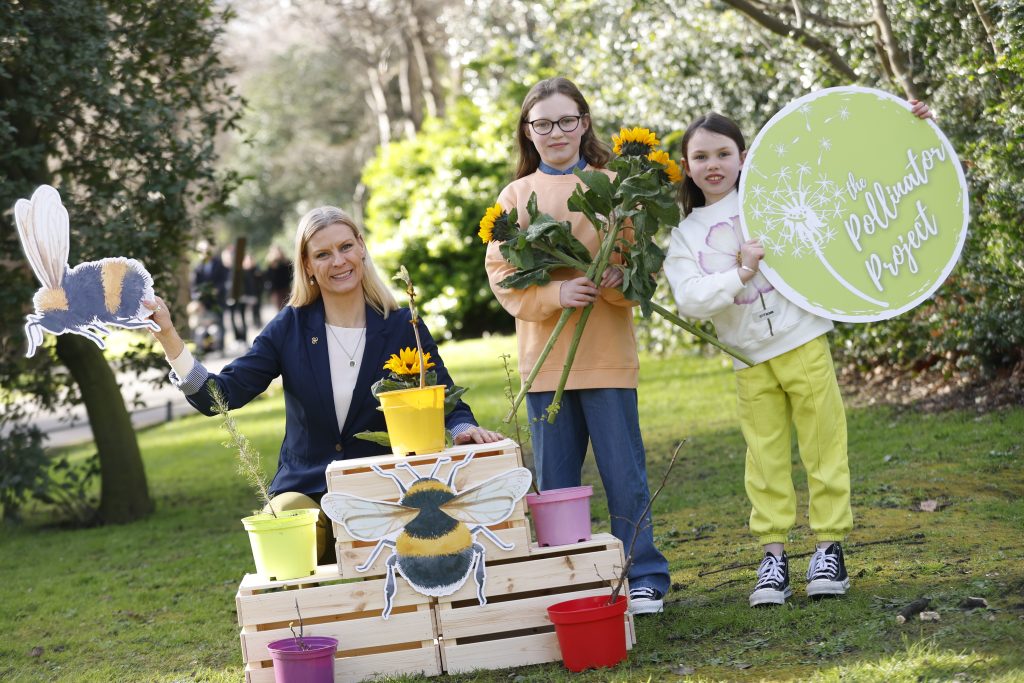 Director of Biodiversity in Schools, Mark Nolan stated:
Director of Biodiversity in Schools, Mark Nolan stated:

 The
The 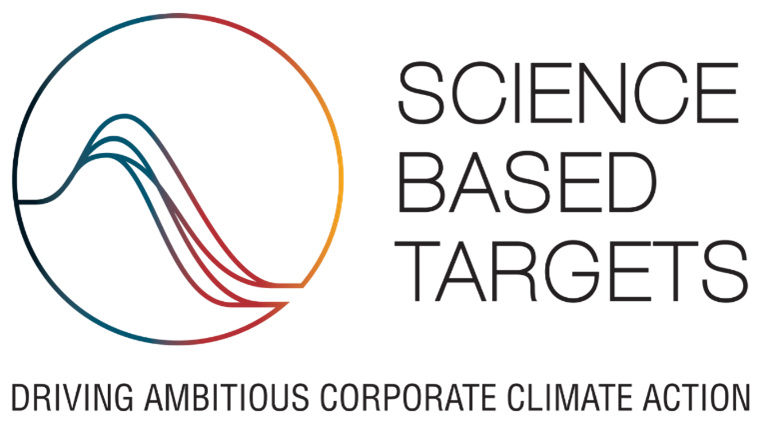
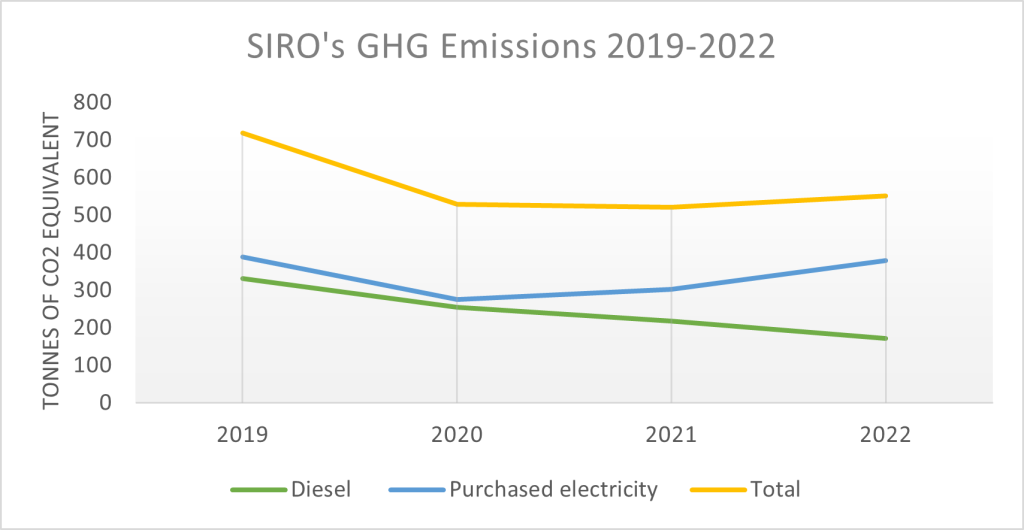
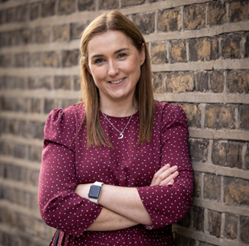
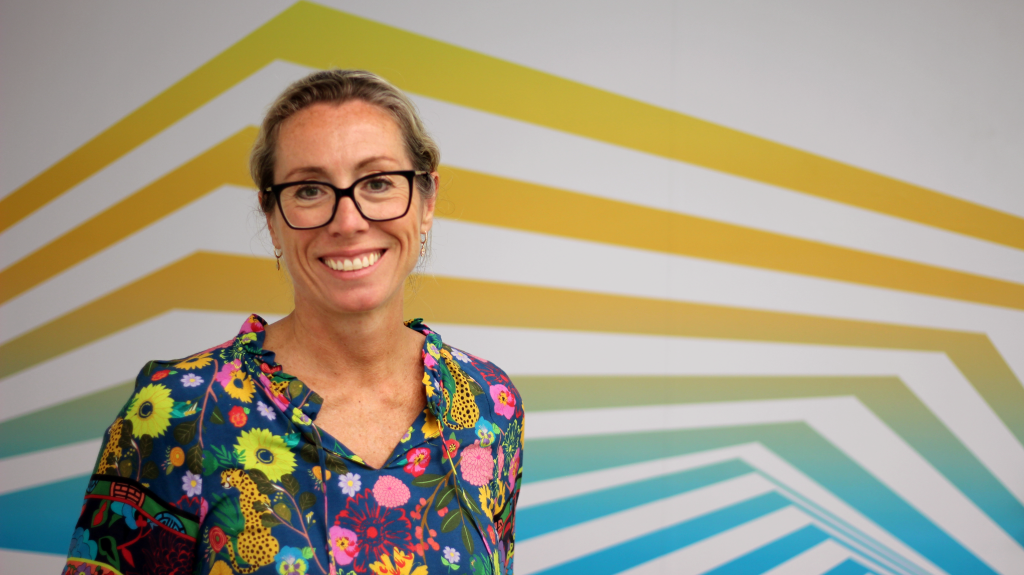
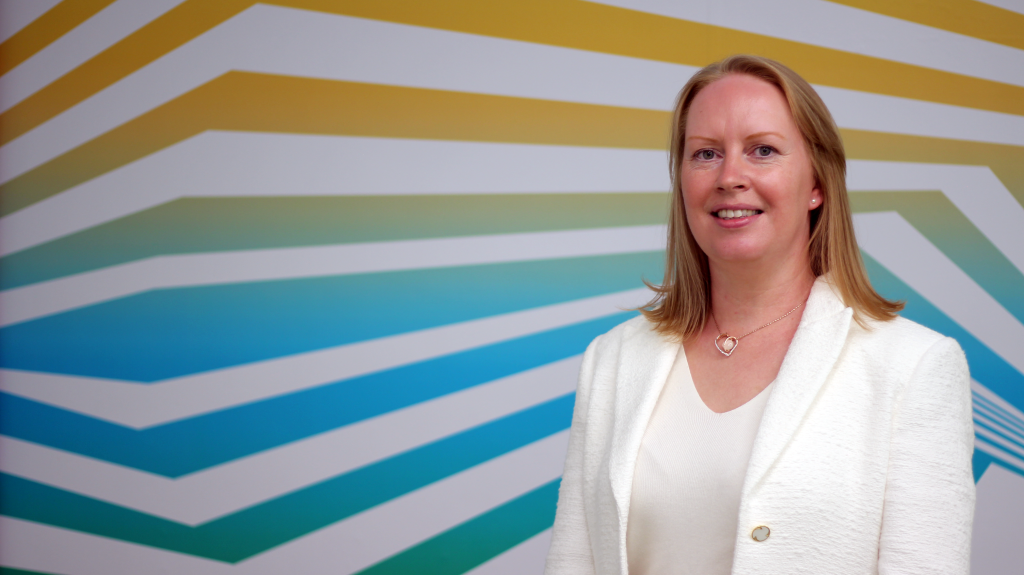
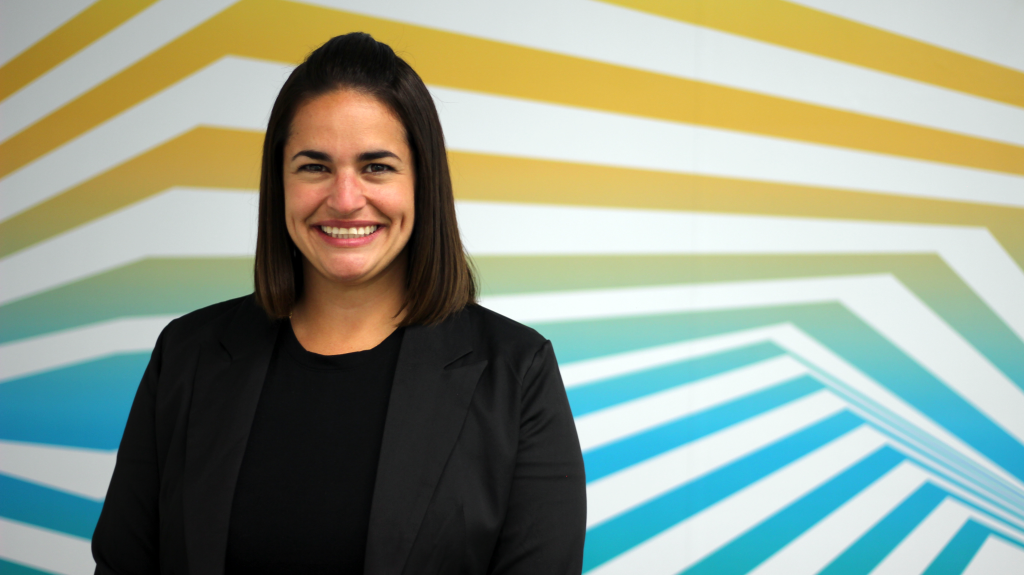
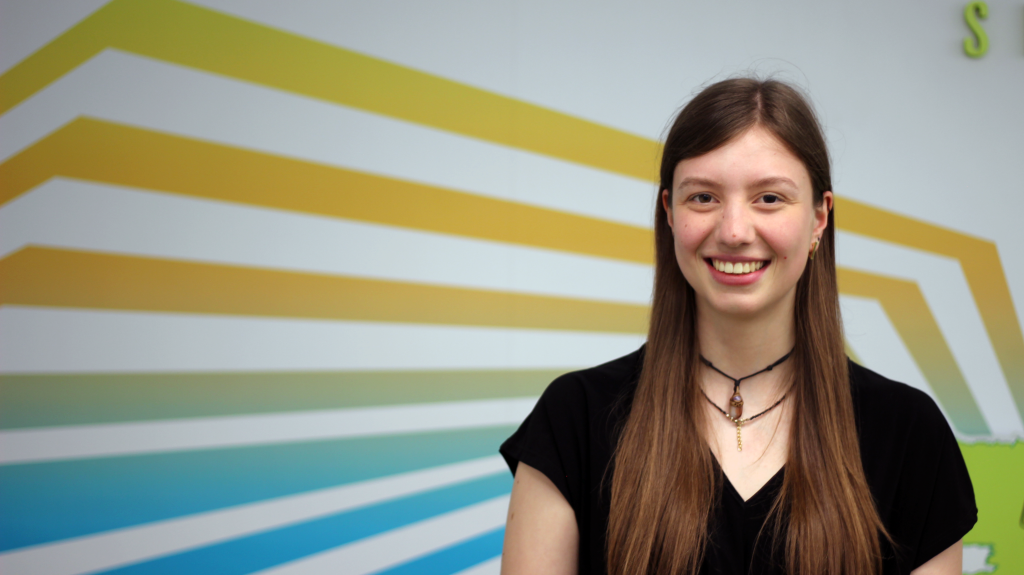
 Biodiversity in Schools is a national organisation which has been providing education on biodiversity to schools for the last 10 years. They aim to address Ireland’s biodiversity crisis by improving pupil’s eco-literacy and understanding of their natural environment. The overall goal for the project is to build a ‘nature-positive’ future for Ireland and for future generations to come.
Minister Ossian Smyth noted:
Biodiversity in Schools is a national organisation which has been providing education on biodiversity to schools for the last 10 years. They aim to address Ireland’s biodiversity crisis by improving pupil’s eco-literacy and understanding of their natural environment. The overall goal for the project is to build a ‘nature-positive’ future for Ireland and for future generations to come.
Minister Ossian Smyth noted:

 siro sustainability[/caption]
siro sustainability[/caption]

 “Thanks, hun! Penney's!” That’s the badge of honour often recited when a woman in Ireland is complimented on their outfit.
Fast fashion, both in Ireland and across the world has been the norm for the last 30 years. It’s not so long ago, people wouldn’t bat an eye to doing large shopping hauls for no real cause. Now, amidst a global climate crisis, attitudes are shifting towards creating long lasting, sustainable fashion choices.
A report from
“Thanks, hun! Penney's!” That’s the badge of honour often recited when a woman in Ireland is complimented on their outfit.
Fast fashion, both in Ireland and across the world has been the norm for the last 30 years. It’s not so long ago, people wouldn’t bat an eye to doing large shopping hauls for no real cause. Now, amidst a global climate crisis, attitudes are shifting towards creating long lasting, sustainable fashion choices.
A report from  Then, smartphones and social media arrived and changed the face of commerce forever. Once you could order clothes online through Instagram and Facebook in 2016, fast fashion orders accelerated. As well as that, websites such as Pretty Little Thing, Shein, Missguided and Boohoo.com have become some of the trendiest fashion sites to order from today.
But what if you could remain fashionable while reducing your carbon footprint?
The Internet, while acting as an enabler for fast fashion, can also be a driving force for creating sustainable fashion choices. A notable example of this has been eBay, who have been around since 1995.
For years, eBay has been an accessible marketplace selling pre-loved goods of all sorts, with clothes included. This year, ITV’s Love Island, ended their collaboration with fast fashion company Pretty Little Thing as their fashion sponsor, and replaced them with eBay, recognising the impact the show can have on its impressionable audience.
eBay isn’t the only site dedicated to creating a circular economy. In 2016, Facebook launched Marketplace, which was established to be a direct competitor with eBay and US ad listing service, Craigslist. Facebook’s Marketplace enables people to advertise goods for sale or for free to their local community, which has proved to be a success, with over 1 billion monthly users.
Then, smartphones and social media arrived and changed the face of commerce forever. Once you could order clothes online through Instagram and Facebook in 2016, fast fashion orders accelerated. As well as that, websites such as Pretty Little Thing, Shein, Missguided and Boohoo.com have become some of the trendiest fashion sites to order from today.
But what if you could remain fashionable while reducing your carbon footprint?
The Internet, while acting as an enabler for fast fashion, can also be a driving force for creating sustainable fashion choices. A notable example of this has been eBay, who have been around since 1995.
For years, eBay has been an accessible marketplace selling pre-loved goods of all sorts, with clothes included. This year, ITV’s Love Island, ended their collaboration with fast fashion company Pretty Little Thing as their fashion sponsor, and replaced them with eBay, recognising the impact the show can have on its impressionable audience.
eBay isn’t the only site dedicated to creating a circular economy. In 2016, Facebook launched Marketplace, which was established to be a direct competitor with eBay and US ad listing service, Craigslist. Facebook’s Marketplace enables people to advertise goods for sale or for free to their local community, which has proved to be a success, with over 1 billion monthly users.
 Thrifting is no longer confined to store-front shops. Some of the best goods can come from someone else’s wardrobe. In 2011, the concept drove the creation of
Thrifting is no longer confined to store-front shops. Some of the best goods can come from someone else’s wardrobe. In 2011, the concept drove the creation of 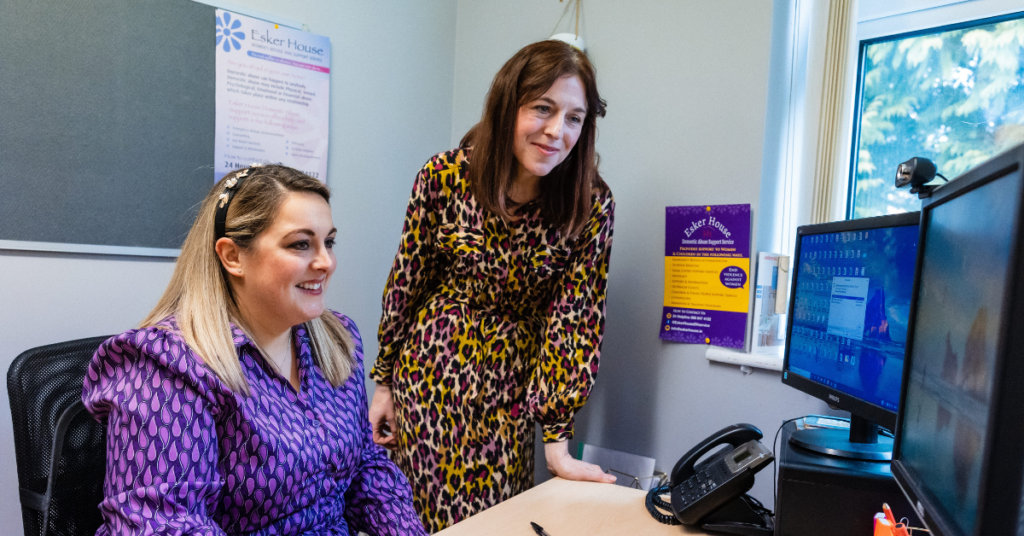 Pictured left to right: Deirdre Berry, Esker House Manager and Amanda Glancy, SIRO Director of Corporate Affairs
Pictured left to right: Deirdre Berry, Esker House Manager and Amanda Glancy, SIRO Director of Corporate Affairs Pictured left to right: Steven Farrell, SIRO Account Director and Linda Tiley, Esker House Team Lead and Deirdre Berry, Esker House Manager
Pictured left to right: Steven Farrell, SIRO Account Director and Linda Tiley, Esker House Team Lead and Deirdre Berry, Esker House Manager Work on developing and activating the Strategy, which encompasses environmental, social and governance (ESG) issues relevant to the company and its operations, began in 2018 leading to today’s launch at our Carrickmines offices. Our broadband network is 100% fibre, with no copper at any point, also making it significantly more energy efficient (by up to 60% and emitting less carbon emissions (over 80% less) than traditional copper or cable broadband networks).
Work on developing and activating the Strategy, which encompasses environmental, social and governance (ESG) issues relevant to the company and its operations, began in 2018 leading to today’s launch at our Carrickmines offices. Our broadband network is 100% fibre, with no copper at any point, also making it significantly more energy efficient (by up to 60% and emitting less carbon emissions (over 80% less) than traditional copper or cable broadband networks).
 According to SIRO CEO John Keaney: “Today’s launch is the culmination of several years’ work at SIRO, first to measure our outputs and impact on the environment and broader sustainability targets and second, to then act to become cleaner, greener and more sustainable as a leading Irish telecoms business."
Mr Keaney stressed the urgency for action: “Change is never easy or convenient. Becoming sustainable and protecting both people and planet is no longer a choice, but an essential, enduring activity; one which business leaders must champion. Technology can be a great enabler of more sustainable living.
SIRO’s 100% fibre broadband is empowering communities and businesses to become more sustainable in areas such as remote working and reduced commuting; smart homes and cities; enhanced business productivity reducing emissions and driving greater energy efficiency. SIRO’s fibre broadband network is also the cleanest broadband available today, using less energy than traditional copper networks and emitting significantly less harmful emissions. This further highlights the focus that all stakeholders must place on achieving a full fibre Ireland, not least because of the contribution it can make to Ireland meeting climate change and sustainability commitments”, added Mr. Keaney.
According to SIRO CEO John Keaney: “Today’s launch is the culmination of several years’ work at SIRO, first to measure our outputs and impact on the environment and broader sustainability targets and second, to then act to become cleaner, greener and more sustainable as a leading Irish telecoms business."
Mr Keaney stressed the urgency for action: “Change is never easy or convenient. Becoming sustainable and protecting both people and planet is no longer a choice, but an essential, enduring activity; one which business leaders must champion. Technology can be a great enabler of more sustainable living.
SIRO’s 100% fibre broadband is empowering communities and businesses to become more sustainable in areas such as remote working and reduced commuting; smart homes and cities; enhanced business productivity reducing emissions and driving greater energy efficiency. SIRO’s fibre broadband network is also the cleanest broadband available today, using less energy than traditional copper networks and emitting significantly less harmful emissions. This further highlights the focus that all stakeholders must place on achieving a full fibre Ireland, not least because of the contribution it can make to Ireland meeting climate change and sustainability commitments”, added Mr. Keaney.